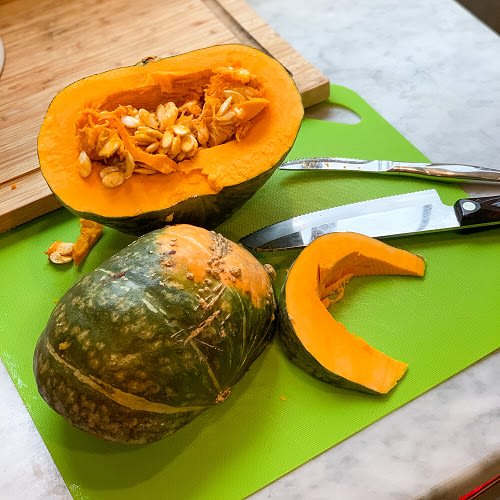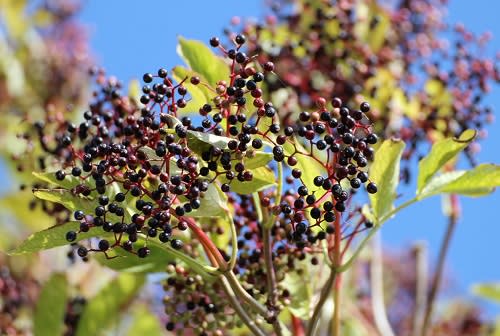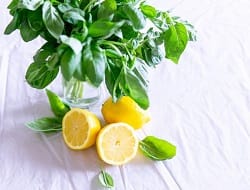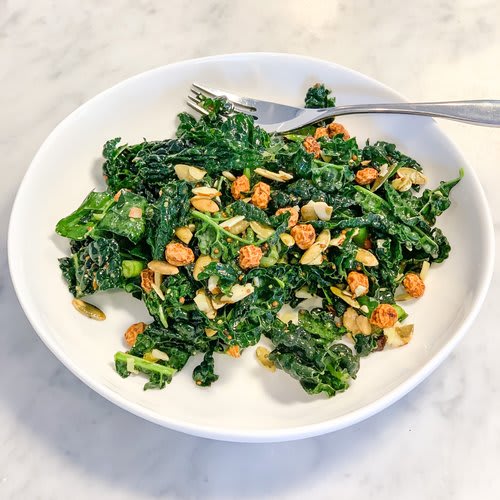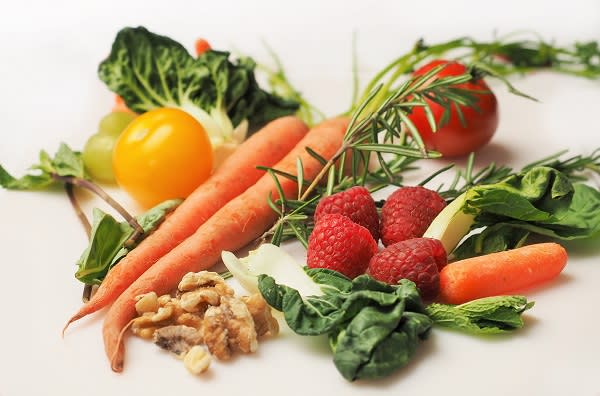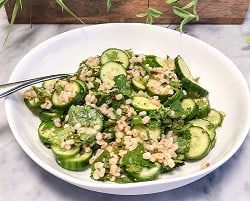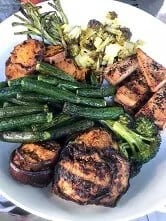By Katherine Takayasu, MD, MBA, Center for Integrative Medicine & Wellness
Republished with permission from DrKatie.com
I love stews. There’s something super magical about a Sunday night stew with family and friends on a cold day. What better way to warm up than from the inside out?
Recently I’ve been experimenting more with fennel in my kitchen. I didn’t grow up eating this vegetable. In fact, I think the first time I had fennel was when my friend Cathrin brought a shaved fennel salad to a backyard BBQ at my house a few years ago. And then I fell in love with fennel’s earthy sweetness.
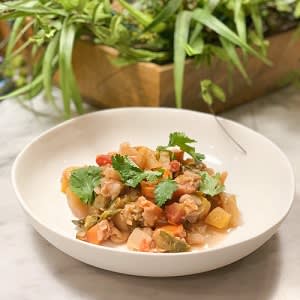
When buying fennel, try to choose bulbs without blemishes that are white or pale green in color. Stalks should be bright green. A fennel plant with flowering bulbs is overripe and may not taste as good.
Fennel is not just a delicious vegetable. It’s also a botanical with many useful purposes! Dried ripe fennel seeds and oil are used to make supplements for many common ailments.
Fennel is helpful for digestive issues, including heartburn, gas/flatulence, bloating and colicky abdominal pain. It works by relaxing the colon and easing the digestive process as an anti-spasmodic. Using fennel seed oil can relieve colic in infants (but check with your doctor first!), and breastfed infants can benefit from mom ingesting fennel as a supplement.
Fennel also appears to ease respiratory inflammation, so if you have a cold this time of year, or a more involved acute upper respiratory issue like bronchitis, then consider using fennel.
Fennel can also be helpful for lady issues like painful menstrual periods, called dysmenorrhea, or PMS (premenstrual syndrome). Since fennel supports your own natural estrogen, I do not recommend excessive fennel intake if you have an estrogen-dominant hormonal imbalance or are at super high risk for female cancers. However, all of this should be qualified by the fact that eating fennel in a soup is way different than taking a more concentrated fennel extract. In short, you’re probably fine to eat my stew!
INGREDIENTS
- 3-4 Tbsp ghee, butter or EVOO (ghee tastes the best!)
- 2 medium onions, chopped
- 6 medium carrots, chopped
- ½-1 bunch celery with leaves, chopped
- 2 fennel bulbs and fronds, chopped
- 6 cloves garlic, minced
- 1 large can crushed tomatoes
- 4 cups vegetable or bone broth
- ½ cup millet/quinoa/barley/brown rice/farro (millet is my favorite!)
- 1 large can cannellini beans (I use Eden Organic)*
- Salt & pepper to taste
- Sprinkle of red pepper flakes, optional
- 1 large bunch or bag of chopped kale/spinach/collard greens/swiss chard
DIRECTIONS
- Melt ghee or butter in large pot over medium heat. Add chopped onions, carrot, celery and fennel and sauté for approximately five minutes until starting to soften. Add minced garlic, salt and pepper and cook a minute until fragrant. If you need more moisture, use a little bit of your vegetable stock or bone broth to keep vegetables from sticking.
- Add ¼ of tomatoes to deglaze your pot. (Deglazing is simply using an acid like tomatoes, wine, or vinegar to get the delicious browned bits off the bottom of your pot and into your food.) After you’ve scraped the bottom of the pan, add the rest of the tomatoes and broth/stock and bring to a boil.
- Add beans, millet and a tiny pinch of red pepper flakes. After the stew boils again, turn to medium-low and cook for about 20 minutes. Keep an eye on your stew and add a little water or more stock if necessary. (I prefer a thick stew, so I tend not to add more moisture.)
- After 20 minutes, check for doneness of your whole grain. Then stir in chopped super greens.
Reheats well for lunch leftovers! Score!
*If you don’t use Eden Organic beans which are pressure-cooked with the Japanese seaweed kombu to help with digestion, I recommend using a small piece of kombu in this recipe. Just add when you put in the tomatoes and stock and let it disintegrate in the stew. Your digestive system with thank you!
Katherine Wehri Takayasu, M.D., M.B.A. practices Integrative Medicine combining traditional Western medicine with evidence-based complementary modalities at Stamford Hospital in Connecticut. She helps patients heal naturally with acupuncture, mind-body medicine, botanical medicine, nutrition, and lifestyle optimization. She is an Assistant Professor of Clinical Medicine at Columbia University/New York Presbyterian and teaches the next generation of doctors about healing the whole patient mind, body, and spirit. For her own wellbeing, Dr. Katie practices what she preaches. She engages in yoga and meditation regularly and enjoys experimenting with plant-based cuisine in the kitchen.
Featured Expert/ Author






